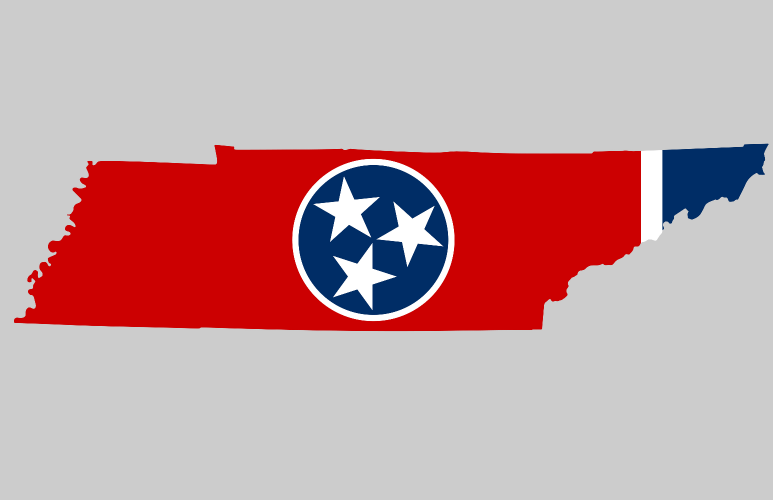Key elements within a new Tennessee law changes the disclosure requirements of Tennessee tax-exempt 501(c)(4), 501(c)(5) and 501(c)(6) organizations based on their activities surrounding political campaigns. The new law brings expenditure reporting by these nonprofits in line with practices required of political action committees and adds transparency to the penalty assessment process.
Specifically, the law requires nonprofit groups that spend a total of $5,000 or more “in organizational funds, moneys, or credits for communications that expressly contain the name or visually depict the likeness of a state candidate in a primary or general election” within 60 days of an election featuring the candidate. The new law has no impact on contribution reporting.
The expenditure level does not apply to communications from membership organizations that are only geared toward members, employees, or people who have opted in to receiving communication from the organization. It further does not apply to communications made outside the 60-day period before an election but which remain available during that period, nor is it applicable to outreach to officials in the legislative or executive branches, provided the general assembly is in session.
Under the stipulations of the law, Tennessee nonprofits would have to report expenditures and file an appointment of treasurer form as if they were political campaign committees. The law imposes stricter reporting requirements within ten days of an election, a period usually marked by higher levels of campaigning and expenditures. These reports have to be filed by the end of the first business day after the expenditure was made.
The law eliminates a reporting threshold requirement. Previously, expenditures under $100 were exempt from reporting. Under the new law, all expenditures must be reported.
The new law also requires greater clarity regarding payments made to state employees for their campaign activities, such as advice or efforts on behalf of a candidate or political action committee. The bill also adds individuals within the governor’s cabinet to those excluded from receiving such payments. Currently members of the general assembly, the secretary of state, the state treasurer, the comptroller of the treasury, the governor and the governor’s staff are prohibited from receiving such fees or considerations.
The law also contains several clauses regarding financial management or use of campaign or political action committee funds. Under the new law, fines for violations of the law cannot be paid with political action committee funds, and campaign funds cannot be comingled with a candidate’s personal assets. Failure to adhere to this clause can carry a penalty of up to $10,000.
The new law also contains a transparency provision aimed at reducing the likelihood that these fines will be used in a punitive fashion. Under the new law, the Registry of Election Finance and the State Ethics Commission are required to vote within a public meeting on penalties against an individual that exceed $25,000.










